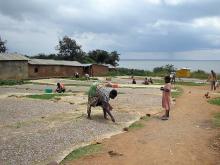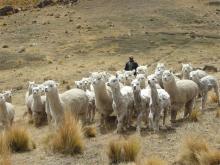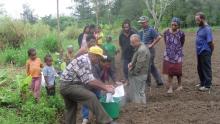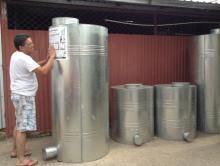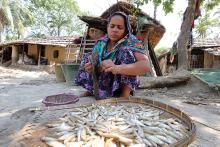Land Library
Welcome to the Land Portal Library. Explore our vast collection of open-access resources (over 74,000) including reports, journal articles, research papers, peer-reviewed publications, legal documents, videos and much more.
/ library resources
Showing items 100 through 108 of 371.Farmer organisations that deal with policy and advocacy need a lot of specific skills. Exchange programmes with their counterparts in the North can help local farmer organisation in the Souht tap their potential.
The Future Agricultures Consortium was established in 2005 with support from the UK Department for International Development (DFID) as a learning alliance of leading African and UK-based research organisations.
In 1978, the rural reform began in China, and since then farmers, including the poor ones, have benefited from a steady growth in income and gradually strengthened food security.
Policy-makers often lack information and analytical capacity to effectively monitor how policies impact on different stakeholders. The MAFAP initiative of the Food and Agriculture Organization seeks to bridge this gap.
The changes in global agricultural markets over the past decade have major implications on agricultural policy. What are the challenges and opportunities for development-oriented agricultural policy-making?
Many a dogma produced by agricultural policies over the past decades has proved disastrous for African agriculture.
Initially hailed a huge success, Malawi’s effort to boost agriculture with fertiliser subsidies appears to have met with failure. The author has a look at what went wrong, arguing that developments must be assessed against the backdrop of politics.
Recent studies have shown that modern breeding for high yield, visual appearance and long shelf life led to an unintentional decline in taste and the content of essential nutrients in vegetables.
Twenty-seven nations are classified as ‘water scarce’, a further 16 as ‘water stressed’. This situation, coupled with the fact that many surface and groundwater systems are shared between two or more states, has led governments to develop sustainable water management strategies.



